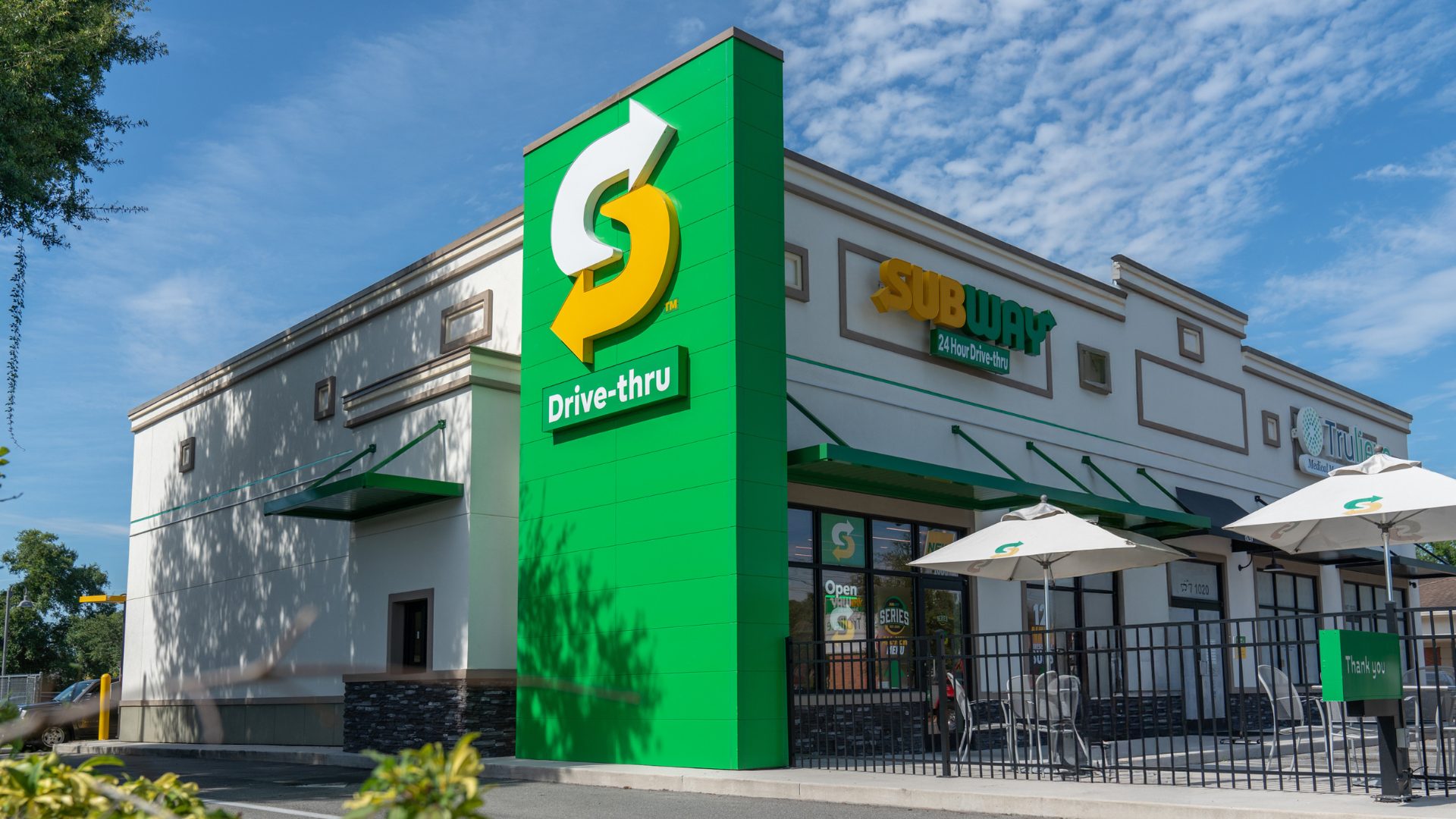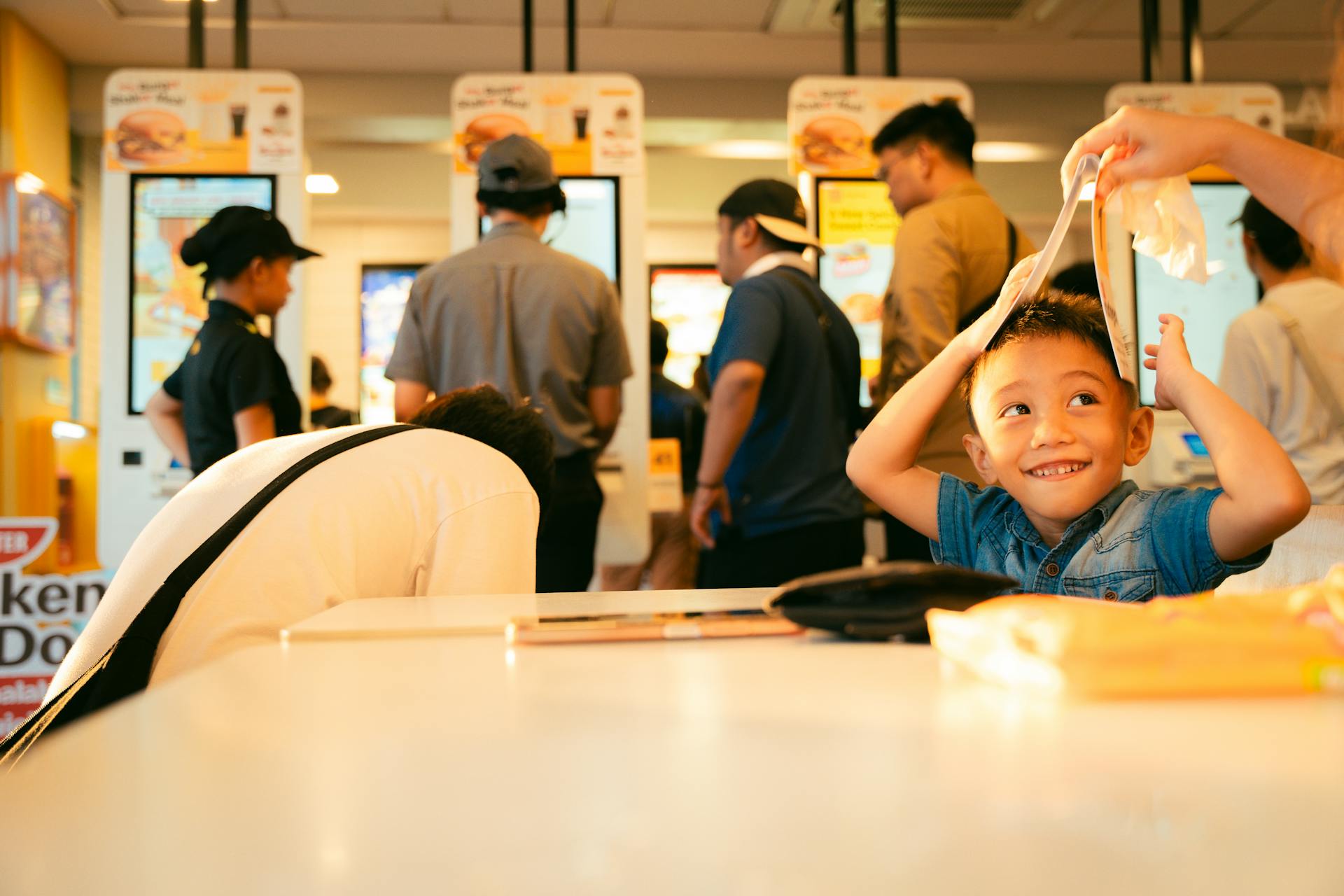According to a new survey, many restaurant operators view changing macroeconomic conditions, labor challenges, and evolving guest demands among their top current pain points.
Earlier this year, Toast polled 847 restaurant decision-makers for its annual Voice of the Restaurant Industry Survey and the findings revealed that operators, in many ways, are as stressed as ever. For example, 42% of operators said they raised menu prices as a reaction to inflation in the past 12 months compared to 36% in 2022. Plus, hiring headaches remain severe in the restaurant industry.
39% of survey respondents said they had extreme difficulty hiring this year – up from 32% a year prior, showing how difficult labor challenges are in the current market.
“Any goodwill that diners had [toward] restaurants post-pandemic regarding understaffing has long since passed,” Sam Cooper, marketing strategist at DM Wilbury, told The Food Institute. “Restaurants are expected to have enough staff to deliver high-quality service, every time,” he added, noting that some restaurants have turned to an on-demand, flexible workforce to fill support tasks like dish washing.
Points of Emphasis in 2024
Toast’s survey revealed that employee training is a key goal for restaurateurs. Additionally, operators said they plan to focus on revenue streams like delivery, on- and off-premise dining, and catering. Improving profitability, however, was the most frequently cited goal in Toast’s survey, with 34% of respondents saying their margins are their priority.
Improving employee productivity and retention were also key goals for many restaurants according to the survey.
“Flexible shifts and secure shifts may actually be more important than wages to some employees,” said Ben Johnston, COO of Kapitus, a company focused on business financing. “It may be easier said than done, but allowing employees more input into their shift times and durations can go a long way to creating employee loyalty.”
Intrigued by Voice AI
When it comes to increasing employee efficiency, restaurants anticipate turning to technology like voice artificial intelligence. Toast’s survey showed that nearly one-third of respondents plan to implement such rapidly evolving technology.
Voice AI has become a popular service for restaurants in recent years, allowing guests to place orders via phone or drive-thru to a virtual assistant, with some offering curated menu suggestions. Services can collect payment information and submit orders directly into a restaurant’s POS system. Additionally, voice AI services also allow establishments to continue taking orders when they may be too busy to answer the phone.
“In these uncertain times, we encourage restaurant owners to automate as much of their process as possible, keeping headcount light,” Johnston said.
Not All Negative
While many restaurateurs remain concerned about their business’s well-being post-pandemic, some of their colleagues remain undaunted. Case in point: 29% of restaurants that Toast surveyed said they’re very likely to expand their restaurant locations in the next 12 months – a figure that’s up from just 17% in 2022.
“In the ever-evolving restaurant industry, 2024 offers a multitude of opportunities for those who embrace change and adapt to the shifting dynamics,” Johnston said.












